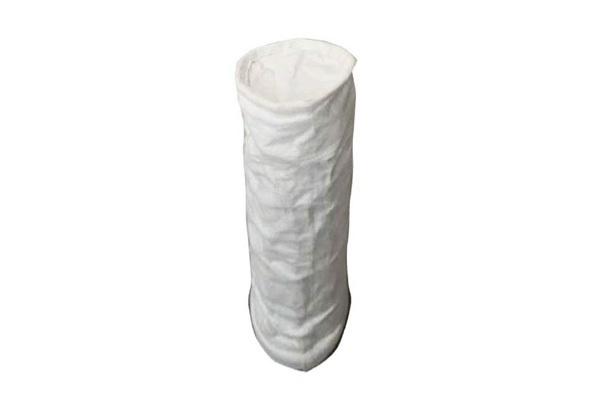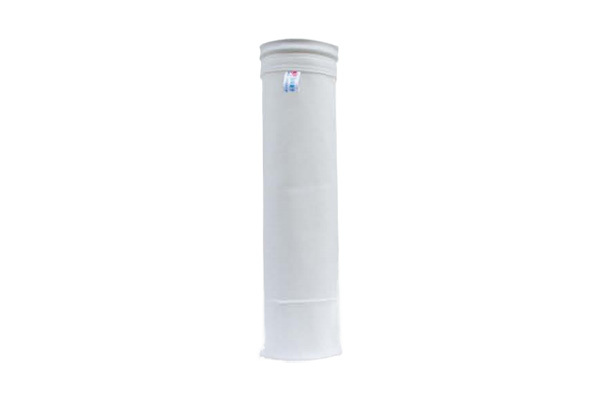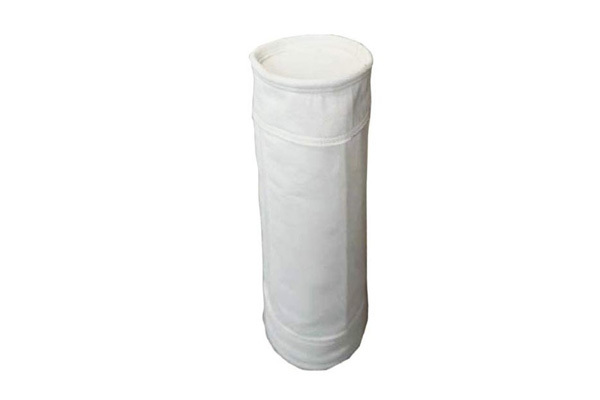Understanding Dust Collector Filter Bags: Essential Components for Industrial Air Quality
Release time:
2025-04-27
Dust collector filter bags are integral parts of dust collection systems, designed to capture airborne particles and ensure cleaner air in industrial environments. Their importance cannot be overstated, as they not only help meet regulatory standards for air quality but also protect workers' health and improve overall workplace safety. These filter bags are typically made from a variety of materi
Dust collector filter bags are integral parts of dust collection systems, designed to capture airborne particles and ensure cleaner air in industrial environments. Their importance cannot be overstated, as they not only help meet regulatory standards for air quality but also protect workers' health and improve overall workplace safety.
These filter bags are typically made from a variety of materials, each suited to specific applications based on the type of dust being collected and the operational conditions. Common materials include polyester, polypropylene, and fiberglass, among others. Polyester filter bags, for instance, are widely used due to their durability and resistance to moisture, making them ideal for environments where humidity is a concern. Conversely, fiberglass bags are preferred for high-temperature applications, capable of withstanding extreme conditions without compromising performance.
One of the key factors influencing the effectiveness of dust collector filter bags is their filtration efficiency. This efficiency is determined by the bag's fabric weave, fiber type, and thickness, which collectively influence how well it can capture particulate matter while allowing airflow. Proper selection based on the dust characteristics—such as particle size and chemical composition—is vital. For instance, finer particles require a filter with tighter weave to prevent them from passing through, whereas coarser particles may not require as stringent a filtration process.
Maintenance of dust collector filter bags is equally important to ensure their longevity and optimal performance. Regular inspections are necessary to identify and address any wear and tear or clogging that may occur over time. Clogged bags can lead to reduced airflow, increasing energy consumption and potentially damaging the dust collection system. Therefore, implementing a routine maintenance schedule, including cleaning and timely replacement of filter bags, is essential.
Additionally, advancements in filter technology have led to the development of specialized filter bags, such as those treated with chemical repellents or electrostatic enhancement. These innovations can improve filtration efficiency and extend the life of the bags, ultimately leading to cost savings for industrial operations.
In conclusion, dust collector filter bags are indispensable components in industrial settings, serving to enhance air quality and protect workers. By understanding their materials, functionality, and maintenance requirements, industries can optimize their dust collection systems, ensuring a safer and more compliant working environment. Proper attention to these components not only aids in regulatory adherence but also contributes to the overall efficiency and productivity of industrial operations.
These filter bags are typically made from a variety of materials, each suited to specific applications based on the type of dust being collected and the operational conditions. Common materials include polyester, polypropylene, and fiberglass, among others. Polyester filter bags, for instance, are widely used due to their durability and resistance to moisture, making them ideal for environments where humidity is a concern. Conversely, fiberglass bags are preferred for high-temperature applications, capable of withstanding extreme conditions without compromising performance.
One of the key factors influencing the effectiveness of dust collector filter bags is their filtration efficiency. This efficiency is determined by the bag's fabric weave, fiber type, and thickness, which collectively influence how well it can capture particulate matter while allowing airflow. Proper selection based on the dust characteristics—such as particle size and chemical composition—is vital. For instance, finer particles require a filter with tighter weave to prevent them from passing through, whereas coarser particles may not require as stringent a filtration process.
Maintenance of dust collector filter bags is equally important to ensure their longevity and optimal performance. Regular inspections are necessary to identify and address any wear and tear or clogging that may occur over time. Clogged bags can lead to reduced airflow, increasing energy consumption and potentially damaging the dust collection system. Therefore, implementing a routine maintenance schedule, including cleaning and timely replacement of filter bags, is essential.
Additionally, advancements in filter technology have led to the development of specialized filter bags, such as those treated with chemical repellents or electrostatic enhancement. These innovations can improve filtration efficiency and extend the life of the bags, ultimately leading to cost savings for industrial operations.
In conclusion, dust collector filter bags are indispensable components in industrial settings, serving to enhance air quality and protect workers. By understanding their materials, functionality, and maintenance requirements, industries can optimize their dust collection systems, ensuring a safer and more compliant working environment. Proper attention to these components not only aids in regulatory adherence but also contributes to the overall efficiency and productivity of industrial operations.
latest News










